
16th WSEAS International Conference on
SYSTEMS (part of CSCC '12)
Kos Island, Greece
July 14-16, 2012

Scientific Sponsors:
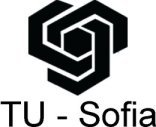 |
 |
| Technical University of Sofia, Bulgaria | Universita degli Studi di Genova, Italy |
Call for Papers:
The organizing committee invites you to submit your papers and special session proposals to this conference. The benefits of attending are considerable for established academics and new scientists alike. Your paper will be reviewed by 2-4 experts of the field that may offer you valuable guidelines to improve your work. In case of acceptance, you will be given the opportunity to present your research and share it with scientists from all over the world. You will stay up to date with the latest advances in the field and you will have the chance to discuss possible future collaborations. The conference proceedings will appear in all the important scientific Indexes. After the conference, all presented papers will be evaluated according to the recommendation of the chairmen and the scientific committee will announce the Best Papers in the post conference report. Furthermore, following your registration you will be given instructions on how to submit an extended version of your paper. The scientific committee will select a number of these extended versions for publication in a NAUN journal, completely free of charge.
Apart from the academic benefits, one should also consider the rich social and cultural program that is always associated with WSEAS events. Attractive destinations and quality venues ensure an enjoyable stay to all participants. The multinational composition of the attendees often stimulates the initiation of fruitful conversations. The overall experience is always fulfilling.
Although this web site is designed to answer any questions you might have regarding the event, feel free to contact us if you have any enquiries.
Keynote Lecture 1:
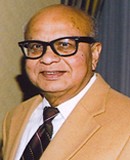 |
Energy, Environment and Importance of Power Electronics |
Keynote Lecture 2:
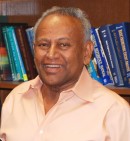  |
Current Video Coding Standards: H.264/AVC, Dirac, AVS China and VC-1 |
Keynote Lecture 3:
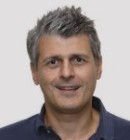 |
Program Analysis beyond Closed-form Expressions for Maximum Parallelization |
Keynote Lecture 4:
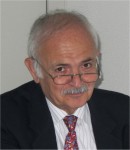 |
Folding and Unfolding Related Issues, Especially Decompositions, in Data Processing |
Keynote Lecture 5:
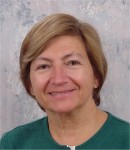 |
Human Control Strategies for Multi-Robot Teams |
Plenary Lecture 1:
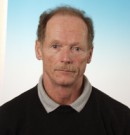 |
On Description of continuous and discrete systems by means of state space energy approach, theory and results |
Plenary Lecture 2:
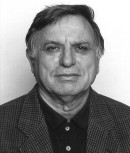 |
On Partial Differential Equations to Diffusion-Based Population and Innovation Models |
Plenary Lecture 3:
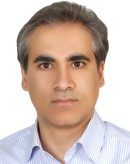 |
On Grids of the Future-Transition to Smart Grids |
Plenary Lecture 4:
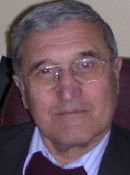 |
A Concept on Thermal Equilibrium Establishment and Its Use in Heat Treating Industry |
Plenary Lecture 5:
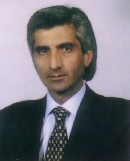 |
Method for determining the residual stress-strain state of welded structures through the Wavelet Transform |
Plenary Lecture 6:
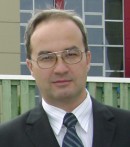 |
Dual rotor single inverter and single stator PMSM for HEVs |
Plenary Lecture 7:
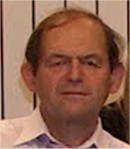 |
A General Fuzzy Framework for Representing a System and Measuring its Performance |
Plenary Lecture 8:
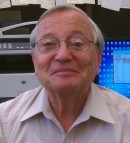 |
A System of Systems Approach for Improved Autonomy of Unmanned Systems |